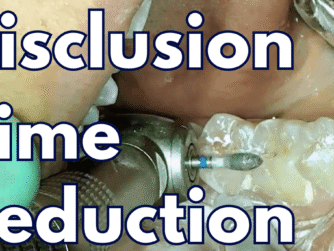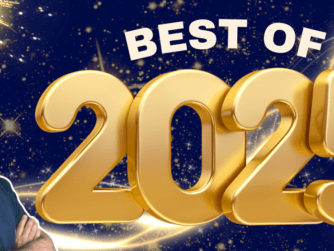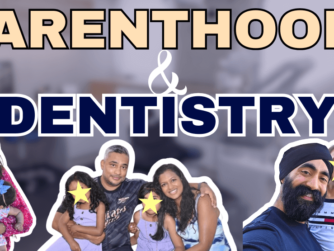Podcast: Play in new window | Download (Duration: 1:00:32 — 84.1MB)
Subscribe: RSS
Not quite happy or set with being a GDP? Have you just started as a GDP and want to streamline your learnings for a brighter future? Is an MSc the right plan of action for you? How important are mentors in all of this?
In this episode we discuss Dr Kiran Shakla’s journey from University to Australia to working as a Dentist at a Specialist Practice. She shares with us her top tips on how Dentists can make the most of their weekly schedules and reduce stress while dealing with different cases.
Key Takeaways:
- Hard work and determination are key to success in dentistry.
- Work-life balance is crucial for long-term satisfaction in dentistry.
- The first ten years post-graduation are vital for career development.
- General dentistry can be fulfilling without the need for specialization.
- It’s important to recognize when to refer patients to specialists.
- Kiran emphasizes the value of personal growth and continuous learning..
- Finding joy in everyday practice is essential for a sustainable career. Australia taught me valuable skills in private practice.
- Private dentistry focuses more on patient care than money.
- Communication is crucial for patient satisfaction.
- Finding mentorship can be challenging but essential.
- Shadowing experienced professionals enhances learning.
- Balancing work and education requires sacrifices.
Need to Read it? Check out the Full Episode Transcript below!
Highlight of this episode:
- 02:34 Introduction to Dr Kiran Shankla
- 06:18 Correlation between Uni and the Real World
- 07:29 Selling a Dream
- 10:13 Going Hard Early
- 12:43 Taking Work Home
- 14:55 General Dentistry
- 20:48 Kiran’s Journey
- 24:23 What did the experience teach Kiran?
- 31:33 Mentoring
- 34:38 Work Schedule
- 37:38 Bone to pick with Master’s
- 43:33 Orthodontic Position
- 48:53 Working with Nurses
- 54:33 Networking
- 56:33 Wrapping Up
Connect with Dr. Kiran on Instagram!
This is a non-clinical episode without CPD. For CPD or CE credits, visit the Protrusive Guidance app—hundreds of hours and mini-courses await!
If you liked this episode, check out: Stress in Dentistry 2024 – Life Changing Decisions – IC048







